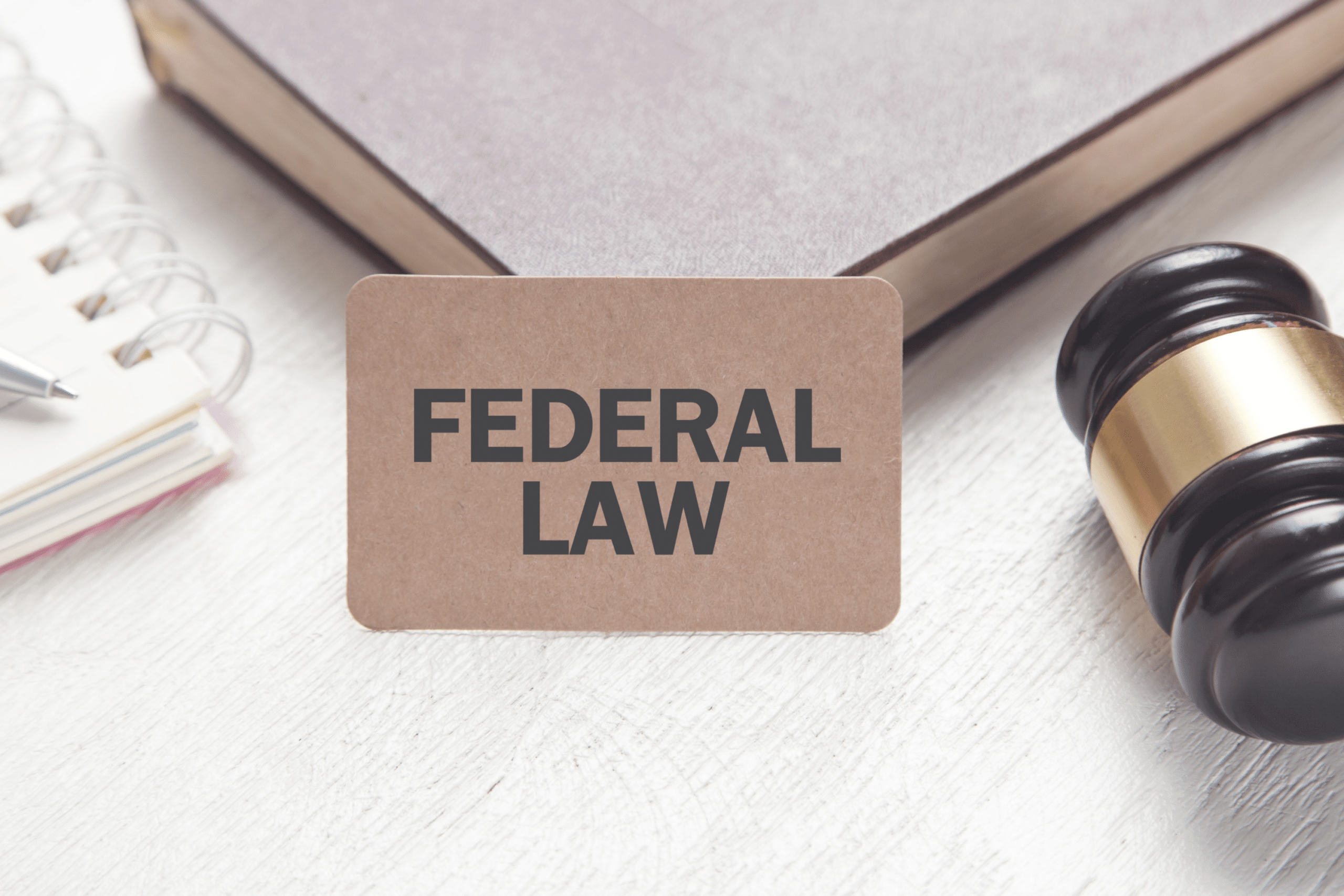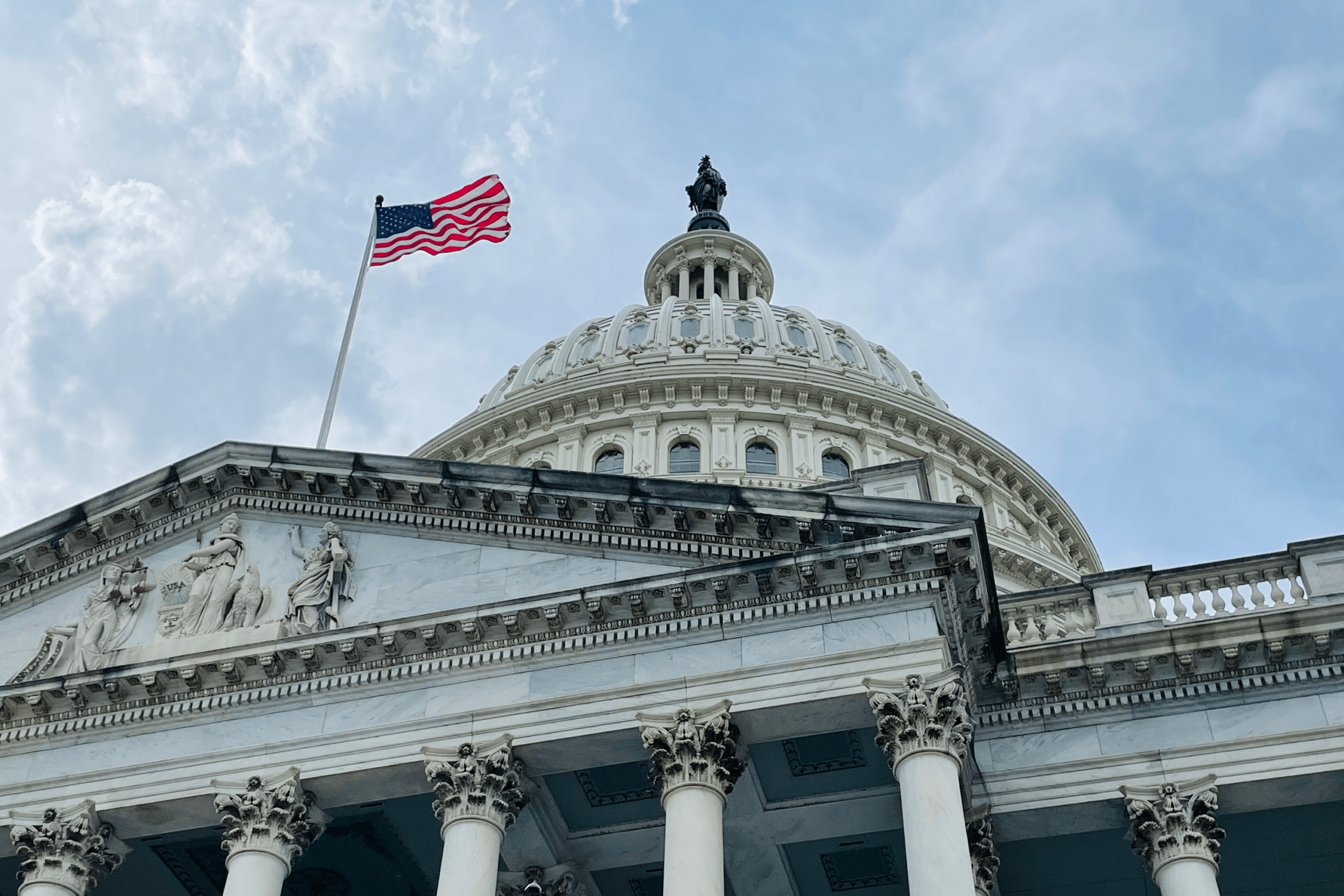 A federal conspiracy charge can be a daunting experience with serious consequences upon conviction. To navigate this complex legal territory, it is crucial to understand the concept of conspiracy as a federal criminal charge, the elements required for conviction, and potential defenses. In this blog post, we will break down these key aspects to help individuals charged with federal conspiracy understand what lies ahead.
A federal conspiracy charge can be a daunting experience with serious consequences upon conviction. To navigate this complex legal territory, it is crucial to understand the concept of conspiracy as a federal criminal charge, the elements required for conviction, and potential defenses. In this blog post, we will break down these key aspects to help individuals charged with federal conspiracy understand what lies ahead.
The Concept of Conspiracy in Federal Law
Conspiracy in federal law refers to an agreement between two or more individuals to commit a criminal act. Unlike some state laws, federal conspiracy charges don’t require the actual commission of the underlying crime. The prosecution’s burden is to prove that there was an agreement and intent to commit the crime, even if it remains unfulfilled. Let’s delve into the elements that must be established for a conspiracy conviction.
Elements Required for Conviction
- Agreement: The most fundamental element in a federal conspiracy case is the agreement. Prosecutors must demonstrate that two or more individuals agreed to commit a specific criminal act. This agreement can be explicit or implied, and it can be established through various forms of evidence, such as witness testimonies, wiretaps, emails, or text messages.
- Intent: Alongside agreement, intent is crucial. Prosecutors must prove that the conspirators had the intent to commit the underlying criminal act. This means they must show that the individuals involved had a shared understanding of the illegal nature of their actions.
- Overt Act: Federal conspiracy charges also require an overt act, which is an action taken in furtherance of the conspiracy. This act doesn’t have to be criminal itself but must demonstrate the conspirators’ commitment to carrying out the illegal plan. Overt acts can include making payments, purchasing equipment, or conducting surveillance.
Potential Defenses
Facing federal conspiracy charges doesn’t necessarily equate to a conviction. Several defenses can be employed to challenge the prosecution’s case and protect your rights:
- Lack of Agreement: If the prosecution fails to prove that you were part of an actual agreement to commit a crime, you can argue that no conspiracy exists. This can be particularly effective if there’s a lack of direct evidence of an agreement.
- Withdrawal: If you initially agreed to participate in the conspiracy but later withdrew from it and took affirmative steps to disassociate yourself from the criminal plan, you may have a defense. However, withdrawal must be unequivocal and communicated to the other conspirators.
- Lack of Intent: Challenging the prosecution’s ability to prove intent can be a potent defense. If you can show that you did not possess the requisite intent to commit the underlying crime, it can undermine the conspiracy charge.
- Insufficient Evidence: A common defense tactic is to challenge the strength of the prosecution’s evidence. This can include questioning the credibility of witnesses, challenging the admissibility of evidence, or highlighting inconsistencies in the government’s case.
- Entrapment: In some cases, individuals may argue that they were induced or coerced by law enforcement to participate in the conspiracy. If successful, this defense can result in the charges being dropped.
- Statute of Limitations: Ensure that the prosecution filed charges within the applicable statute of limitations. If the charges were brought after the statutory time limit has expired, you may have a viable defense.
Best Defense For Federal Conspiracy Charges
Being charged with federal conspiracy is a challenging experience, but understanding the elements required for conviction and potential defenses is essential for a strong legal defense. It’s crucial to consult with an experienced attorney who can assess your specific case and help you deal with the complexities of federal conspiracy charges.
Whether it’s challenging the evidence, proving lack of intent, or demonstrating withdrawal from the conspiracy, a skilled attorney can make all the difference in the outcome of your case. Remember, being charged with conspiracy doesn’t equate to guilt, and with the right defense strategy, you can protect your rights and potentially avoid conviction.




